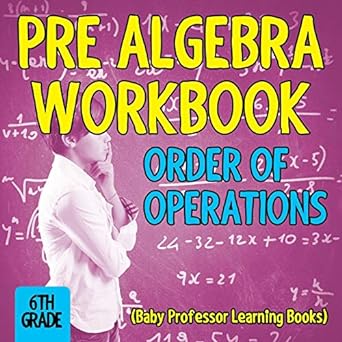Question
26. A possible problem with open-ended or unequal intervals is that they A.do not permit the computation of midpoints. B.are useful only for nominal-level variables.
26. A possible problem with open-ended or unequal intervals is that they
A.do not permit the computation of midpoints.
B.are useful only for nominal-level variables.
C.can be used only with variables that have few scores.
D.cannot be used for interval-ratio level variables.
27.A researcher wants to visually display the U.S. divorce rate (a continuous, interval-ratio level variable) for the last 50 years. An appropriate format would be
A.a line chart or histogram.
B.only a histogram would work in this situation.
C.a pie chart.
D.none of the above. Data in the form of rate should never be displayed in a chart or graph.
28. An instructor is preparing a report showing mid-semester grades and notes that the mean, median, and mode are all exactly 76.00. What can she conclude?
A.The distribution of grades is unskewed.
B.There is a negative skew in the distribution (a few students have very low grades.)
C.There is a positive skew in the distribution (a few students have very high grades.)
D.All of the above
29. Deciles, quartiles, and percentiles divide a distribution of scores into, respectively,
A.ones, twos, and threes.
B.fourths, fifths, and thirds.
C.tens, twenties, and forties.
D.tens, quarters, and hundredths
30. Cumulative frequencies and cumulative percentages allow a researcher to
A.be sure the column totals are correct.
B.tell at a glance how many cases fall above or below a given category.
C.show the accuracy of his or her findings.
D.All of the above
Step by Step Solution
There are 3 Steps involved in it
Step: 1

Get Instant Access to Expert-Tailored Solutions
See step-by-step solutions with expert insights and AI powered tools for academic success
Step: 2

Step: 3

Ace Your Homework with AI
Get the answers you need in no time with our AI-driven, step-by-step assistance
Get Started


